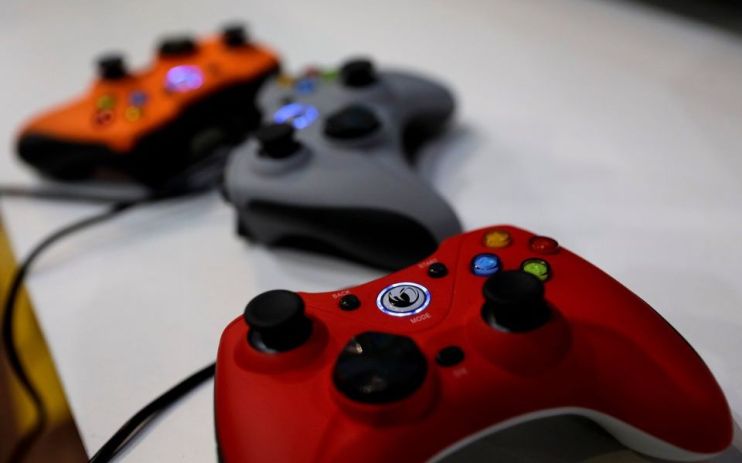‘Candy Crush’ maker fighting allegations of a culture of gender discrimination and sexual harassment

The makers of Candy Crush and Call of Duty, Activision Blizzard, is fighting a lawsuit that alleges it oversaw a culture of sexual harassment, gender discrimination and retaliation for reporting abuse.
It follows years of allegations levelled at the lucrative gaming industry that it is rife with gender inequality and misogyny.
Activision Blizzard, the most valuable gaming company on the US stock market, counters the claims by saying it fostered a diverse, inclusive and supportive workplace.
The lawsuit filed last week by the state’s Department of Fair Employment and Housing claims the maker of popular games, such as Call of Duty and Candy Crush, fostered a sexist culture, paid its female employees less than their male counterparts and subjected them to sexual harassment.
The state went on to say that Activision went as far as to say that it denied female employees the same opportunities as their male counterparts to advance themselves.
The Wall Street Journal has spoken to some former female employees of Activision, whose experiences tally with the claims of the lawsuit.
One of these is Shea Stein, who alleges that in the first year of her job she was offered drugs by a senior male employee at an off-site gathering to “help me get in the mood because I wasn’t having enough fun.”
She says that she did not take the claim to HR as she was still in the probationary period of her job and feared losing employment.
Over the past few years, gaming has grown into a multi-billion dollar industry. Over 227 million people play video games in the US alone, with almost half of these players (45 per cent) being female.
It is one of a few scandals to hit an industry that only seven years ago was embroiled in the Gamergate scandal.
Gamergate saw male gamers, opposed to female journalists promoting a supposed feminist agenda, encourage online abuse and verbal threats of violence against female game developers.
Activision, which employs 10,000 people, is not the only company to be accused of overseeing such a culture.
Ubisoft Entertainment was accused of overseeing a culture of institutional sexual harassment in a court in France earlier this month.